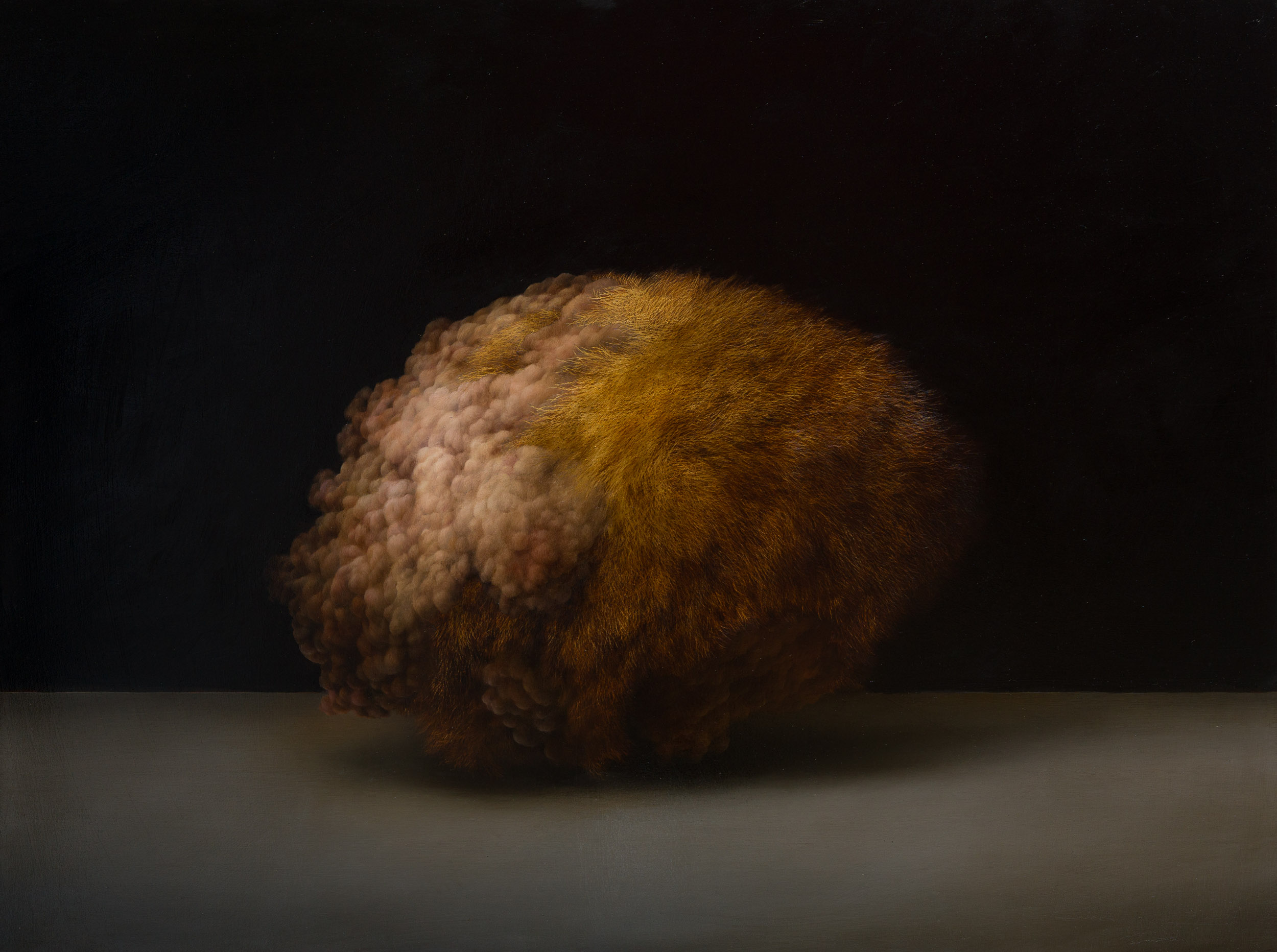| Nei romanzi di arti marziali, “Jianghu (江湖)” è il palcoscenico dove eroi e cattivi prendono parte a scontri: un regno lontano dalle formalità cortesi e un vivido campo di battaglia per la natura umana. Fin dalla sua nascita, “Jianghu (江湖)” simboleggia l’isolamento delle vite individuali l’una dall’altra. La frase “Meglio allontanarsi che restare insieme senza convinzione (相濡以沫,不如相忘于江湖)” come echeggiato dai personaggi nelle storie di arti marziali, cattura sia un fascino poetico sia una profondità importante. Eppure, riflette anche la dicotomia inevitabile guidata dalle pressioni materiali, dalle norme religiose e dai conflitti familiari o nazionali. Lo scontro tra l’insignificanza individuale e il potere collettivo richiede forza interiore e fede incrollabile. In sostanza, ciò incapsula l’essenza sottile del “disperdersi”. La prossimità o la distanza sono una questione di preferenza personale o pongono le basi per una coesistenza pacifica?
Il “Jianghu (江湖)” lontano dai corridoi del potere, è intrecciato con la natura; il raduno delle tribù primitive rafforza la loro sopravvivenza di fronte alle sfide ambientali. Il passaggio dalla vita nomade a quella sedentaria ha riunito individui sparsi. Tuttavia, l’urbanizzazione moderna li ha allontanati dalla loro libertà innata, indipendenza e solitudine. “Disperdersi” sottolinea anche la separazione tra l’umanità e la natura. Da divisioni nette alla tendenza contemporanea di “ricongiungersi con la natura”, sembra seguire un modello ciclico dettato dal destino. L’umanità, come discendente della natura, non conquista né si integra senza soluzione di continuità con il suo ambiente. Il rifiuto o la distanza dalla centralizzazione, sollecita un equilibrio tra il tempo personale e collettivo.
È una scelta immergersi nella vita urbana o cercare la libertà di navigare tra natura e città? L’auto-esilio è l’inizio, il viaggio o la fine dell’odissea della vita? Riflettendo sulla globalizzazione guidata dal neoliberismo e dall’urbanizzazione, la dispersione della centralizzazione incarna un atteggiamento – la multicentralizzazione della geografia urbana in città come Hangzhou (Shenzhen) riflette una riorganizzazione dispersa degli spazi urbani. Nella dispersione risiede la scoperta di nuovi significati dopo la decostruzione e la riconstituzione del concetto centrale. I nostri attuali stili di vita e metodi di produzione possono veramente distaccarsi dalla natura, o il concetto di una “natura immaginata” segnala un “futuro immaginato”?
Indipendentemente dal riconoscimento, ci troviamo a vivere all’interno di un ordine naturale irrecuperabile. Questa realtà ci esorta ad adottare un approccio critico e costruttivo, rimanendo sempre vigili sul “futuro immaginato”. Questa mostra mira a presentare una prospettiva che contrappone il centro alla periferia, esplorando come l’autonomia individuale plasmi la coesistenza degli stessi. Gli artisti rifletteranno su temi come Jianghu (江湖)//corte, natura//non-natura, centro//non-centro, e aggregazione//dispersione, condividendo storie dalle loro prospettive personali radicate nel centro pur essendo immersi nel Jianghu (江湖). Attraverso vari mezzi come immagini, video, dipinti, spazi e installazioni, approfondiranno la relazione tra loro come artisti e il loro ambiente.
Inoltre, il piano inferiore presenterà una proiezione speciale: “Go with the Flow”, curata da Baiqi Chen.
Che ogni individuo possa trovare il proprio “Jianghu (江湖)”. |



Comments are closed.